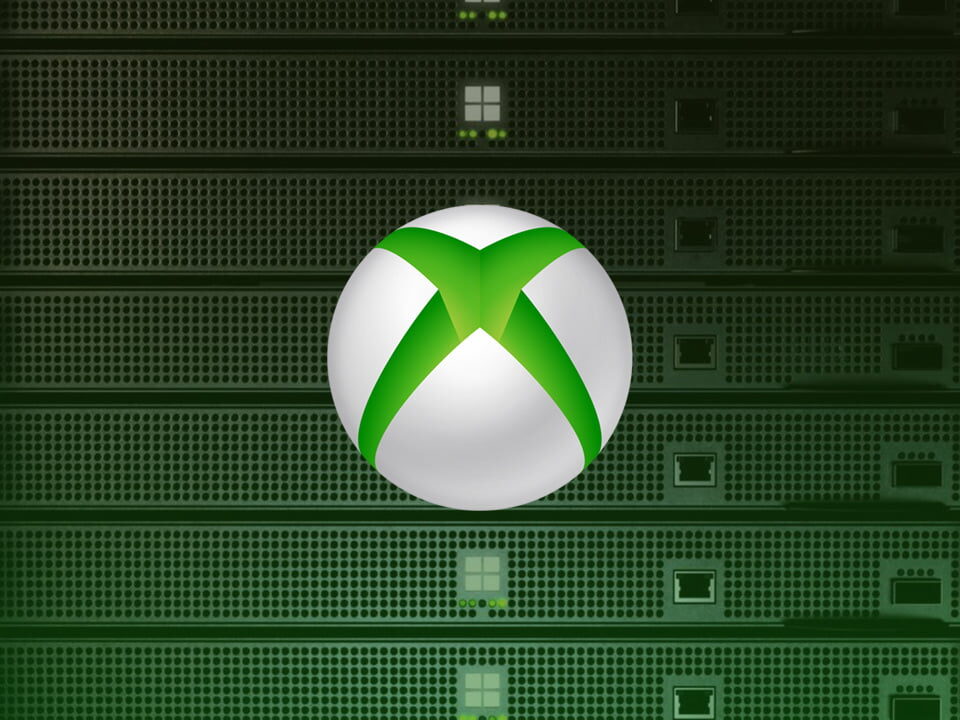At this week’s Game Developers Conference, Microsoft detailed some of the developer-focused features of Project xCloud.
Although Google Stadia has generated most of the headlines at GDC 2019, it’s not the only game streaming platform launching this year.
Microsoft’s Project xCloud is notionally playing in the same sand pit as Google Stadia, but its approach is subtly different. In a session titled Project xCloud: The Future of Streaming Cloud Aware Xbox Games on Mobile Devices and Beyond, Microsoft’s Guy Apostol, Brandon Riffe, and Shawn Farkas revealed more about the company’s cross-platform streaming strategy.
Simply put, that strategy is to put Xbox in the cloud.
Project xCloud enables Xbox console games to be streamed through Microsoft Azure game servers and streaming clients to a variety of devices, including mobile. The platform’s USP is that any game currently released on the Xbox store is compatible, meaning it can be configured to stream to smart devices without significant development overheads.
Streaming console games to mobile in a raw state is potentially fraught with problems, but Project xCloud aims to address these with a range of developer solutions that will make games perform and play optimally on any smart device. Or, to use Microsoft’s preferred terminology, any ‘glass’ interface.
Adapting console games for mobile
The key to making games that use traditional console controls work on mobile is Project xCloud’s Touch Adaptation Kit. The tool lets developers to map standard Xbox Controls to variety of glass overlay templates. These templates can then be configured and changed to match the individual requirements of a game, and even tailored to automatically adapt to specific moments within a game.
For example, in a demo of Studio MDHR’s action platformer, Cuphead, the fire button becomes a toggle touch control, and the X, Y, A, and B buttons are changed to semantic icons that help the player understand what each input does.
The flexibility of the tool is also shown in Forza Horizon 4, where the traditional analogue stick controls for steering become a horizontal touch slider.
With a little more work developers can also ensure that menu screens automatically become touch interfaces – as mobile users would rightly expect – and that maps can be navigated using pinch and pull inputs, rather than controller triggers. Even font sizes can be automatically changed and scaled according to device. In theory, it’s as simple as creating a small JSON file for each use case.
‘Cloud Aware’ console games
The aim of Microsoft’s suite of Project xCloud tools is to make ‘console native’ games ‘cloud aware’. The tools – which will be available within the standard Xbox One XDK – let developers stream their games to their own smart devices to refine the player experience, and test latency by simulating different connection speeds.
Latency continues to be a concern with streaming, and Microsoft’s Farkas is honest enough to concede that variable network conditions are not always conducive to the best gameplay experience. However, he is also confident that Microsoft’s Azure network will deliver the best streaming performance possible. The company has the largest public cloud in the world, he says, with 54 global data centres, and over 135 Edge sites.
The sell for all this, says Apostol, is an untapped audience of two billion gamers around the world. Aside from the potential commercial benefits, the fact that Project xCloud sits on top of the existing game code makes it quick and easy for developers to get their products ready for mobile streaming.
For good or bad, it seems that game streaming is here to stay. Compared with Google Stadia, Project xCloud feels like measured step into this future, and also one that has been built with careful consideration for developers and players, rather than advertisers and marketers. The chatter in the room following the session was certainly positive, with many developers expressing cautious approval for Microsoft’s approach.








